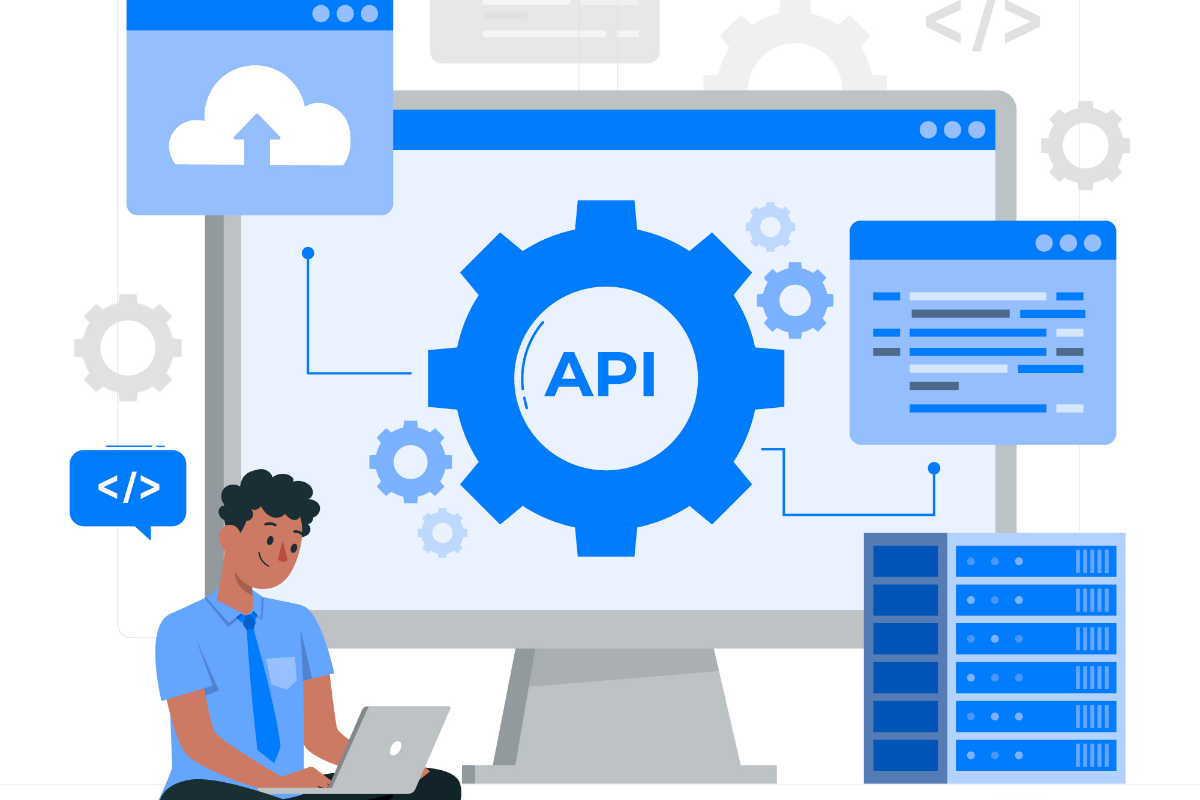DevOps with AI and ML for smarter automation and insights
As organizations continue to scale their digital infrastructure, the need for more intelligent, automated solutions has given rise to a new trend: the integration of Artificial Intelligence (AI) and Machine Learning (ML) into DevOps pipelines. This convergence, often referred to as AIOps (AI for IT Operations), is revolutionizing the way teams develop, deploy, and manage applications.
In this post, we’ll explore how AI and ML are transforming DevOps practices and highlight real-world use cases that showcase their impact.
The Role of AI and ML in DevOps
AI and ML technologies are primarily leveraged in DevOps to automate tasks that were previously manual, optimize processes, and provide predictive insights. Here are some key areas where AI and ML are making an impact:
1. Predictive Analytics for Incident Management
– AI models can analyze historical logs and telemetry data to predict potential incidents or failures before they happen. This proactive approach allows DevOps teams to address issues before they escalate into full-blown outages, significantly reducing downtime and improving system reliability.
2. Automating Root Cause Analysis
– In traditional DevOps workflows, identifying the root cause of a system failure can be time-consuming. AI-driven tools can quickly analyze logs, metrics, and traces to identify patterns and provide insights into the root cause of an issue. This reduces the mean time to resolution (MTTR) and speeds up the recovery process.
3. Intelligent Resource Optimization
– AI can help optimize resource allocation by analyzing usage patterns and predicting future needs. This helps in dynamic scaling of cloud resources, improving cost efficiency, and ensuring that applications have the necessary infrastructure to perform optimally.
4. Continuous Testing and Quality Assurance
– Machine learning models can assist in automating and optimizing the testing process. By analyzing past test results and code changes, AI can identify the most critical tests to run, prioritize testing efforts, and even predict which parts of the code are likely to fail. This allows teams to focus on areas that need attention and improves overall test coverage.
5. Anomaly Detection and Monitoring
– ML models can learn normal patterns of system behavior and detect anomalies in real time. This allows for faster identification of irregular activities or performance bottlenecks. AI-powered monitoring tools, such as Datadog and Dynatrace, are already implementing anomaly detection to help DevOps teams respond to unexpected changes in the system.
6. Automated CI/CD Pipeline Management
– With AI, the automation of continuous integration and continuous delivery (CI/CD) pipelines can be enhanced. AI can monitor pipeline performance, automatically detect failures, suggest fixes, and even trigger rollbacks if needed. This reduces manual intervention and ensures faster, error-free deployments.
7. Enhanced Security with AI-driven DevSecOps
– In the DevSecOps space, AI and ML are being used to detect security vulnerabilities in real-time by analyzing application behavior, code changes, and user activity. AI-powered security tools can quickly flag potential threats, ensuring that security is embedded within every phase of the DevOps pipeline.

Real-World Use Cases
-Netflix uses machine learning to predict system failures and scale resources dynamically. Their Chaos Monkey and other tools in the Simian Army rely on ML models to identify potential issues and ensure that their streaming service remains reliable even in the face of large-scale traffic.
– Google Cloud Operations (formerly Stackdriver) incorporates AI to provide intelligent monitoring and alerting solutions. Google uses machine learning algorithms to detect anomalies and predict future issues in cloud environments.
– Amazon Web Services (AWS) leverages AI for operational efficiency in its cloud environments. With services like AWS DevOps Guru, AI is used to analyze operational data, detect issues, and recommend actions to improve applications’ reliability and performance.
Challenges of AI in DevOps
While AI and ML hold tremendous potential for transforming DevOps, there are challenges to be aware of:
– Data Quality: Machine learning models rely heavily on quality data. Inaccurate, incomplete, or outdated data can lead to poor predictions and unreliable outcomes.
– Model Training: Training AI models requires expertise and can be time-consuming. DevOps teams must have skilled professionals who understand both DevOps practices and AI methodologies.
– Integration Complexity: Incorporating AI into existing DevOps pipelines may require significant changes to the infrastructure and workflows. This can be a complex process, particularly for legacy systems.
The Future of AIOps
The future of DevOps is undoubtedly intertwined with AI and machine learning. As AI technologies continue to mature, we can expect further advancements in automated decision-making, self-healing systems, and intelligent pipeline orchestration. AI-driven DevOps will enable teams to manage increasingly complex systems with greater speed, precision, and agility.
DevOps practitioners should start exploring AI and ML tools to stay ahead of the curve. By embracing this shift, they can build more resilient, scalable, and efficient systems that can adapt to the ever-changing demands of modern applications.
Conclusion
AI and machine learning are reshaping the DevOps landscape, helping teams work smarter and more efficiently. From predictive analytics to intelligent automation, AI is enabling DevOps teams to streamline processes, reduce downtime, and improve overall performance. As AIOps continues to evolve, organizations that embrace these technologies will have a significant competitive edge in their digital transformation journey.








